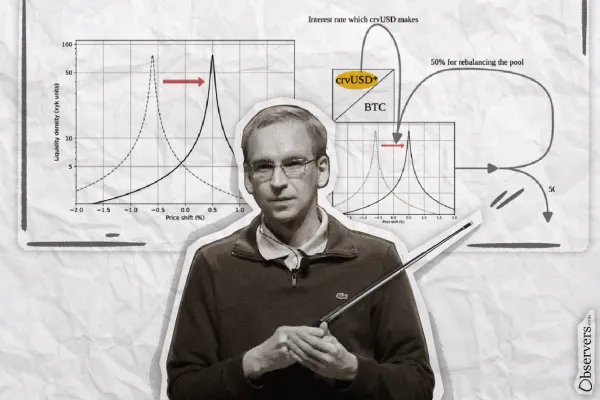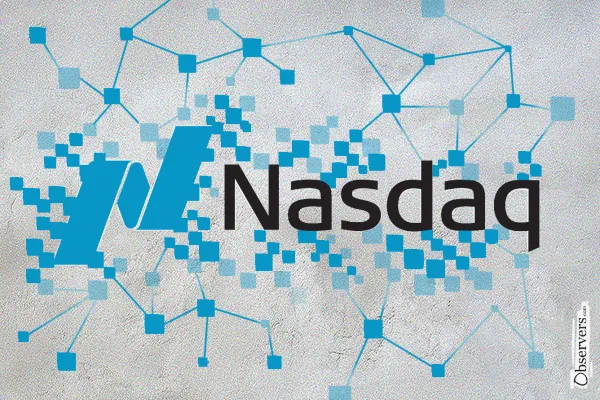
Triggered by a routine macro shock, crypto once again unraveled faster than any other market. Not because of sentiment alone, but because CEX risk engines, DEX liquidation incentives, and always-on leverage turn small moves into cascading stress.
Alex Harutunian
From Polymarket’s stripped-down design to Kalshi’s regulatory breakthrough, prediction markets are turning collective opinion into a financial asset class — and a new battleground over who defines truth
Alex Harutunian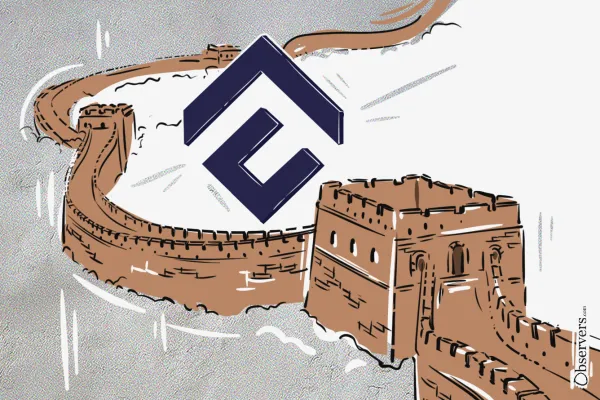
While crypto remains banned, China’s state-backed blockchain ecosystem — led by Conflux — is expanding across Asia and into global finance. Conflux Network bridges China’s academic research, state strategy, and open blockchain innovation.
Alex Harutunian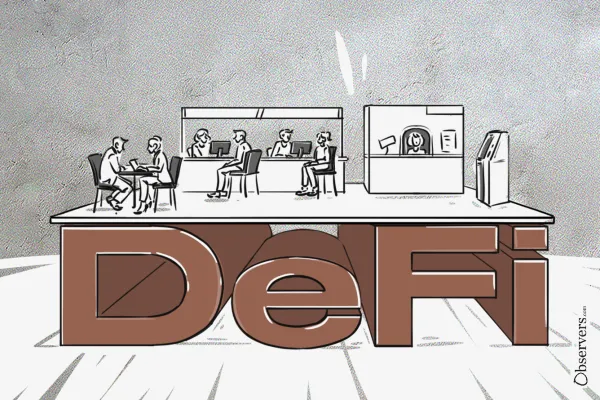
DeFi is moving from standalone apps into the backend of exchanges, with Coinbase and Crypto.com leading by embedding Morpho’s lending vaults. This “embedded DeFi” model raises a key question: are exchanges becoming banks, or just UIs? The answer will define DeFi’s role in future banking.
Alex Harutunian
After years of development, blockchain games still capture only a sliver of the gaming industry. The promise of true asset ownership, stable economies, and transferability remains unmet. Recent trends suggest blockchain was more hype feature than genuine necessity
Alex Harutunian
Triggered by a routine macro shock, crypto once again unraveled faster than any other market. Not because of sentiment alone, but because CEX risk engines, DEX liquidation incentives, and always-on leverage turn small moves into cascading stress.
Alex Harutunian07.01.2026 US Senate Banking and Commerce committees to work on comprehensive crypto legislation this month. 07.01.2026 Polymarket to supply its market data and indicators to Barron’s, The Wall Street Journal, and other Dow Jones publications. 07.01.2026 Chen Zhi, founder and chairman of Prince
01.01.2026 EU crypto tax transparency directive DAC8 takes effect, requiring crypto-asset service providers to report user data to national tax authorities. 01.01.2026 MiCA comes into force in Spain. 31.12.2025 Ethereum smart contract deployments hit a record high in Q4. 2026 OUTLOOK Haseeb Qureshi (Dragonfly

Balancer Protocol was exploited through a tiny rounding bug in its code. As losses neared $100 million, projects froze pools, rolled back blockchains, and clawed back funds—revealing the centralized and still untamed side of decentralized finance
01.12.2025 Telegram’s Pavel Durov announces Cocoon, a decentralized confidential AI compute network. 01.12.2025 SushiSwap CEO steps down as Synthesis invests $3.3M in the struggling DEX. 01.12.2025 Grayscale to launch the first Chainlink ETF in the US. 01.12.2025 Germany and Switzerland
29.10.25 Ondo Finance launches Ondo Global Markets on BNB Chain. 29.10.25 Ethereum Foundation launches portal to guide institutional adoption. 29.10.25 Securitize goes public via SPAC merger with Cantor Fitzgerald’s CF Acquisition Corp VIII. 28.10.25 Trump Media & Technology Group to launch
Kazakhstan launched a state-backed crypto reserve, Alem Crypto Fund, partnering with Binance Kazakhstan and starting with an investment in $BNB. SWIFT is building a blockchain ledger with 30+ banks using Consensys. Polish lawmakers passed a Crypto-Asset Market Act, aligning rules with the EU’s MiCAR. Vitalik Buterin opposes EU’s
Uniswap’s Unichain has boosted L2 volumes past $40B, but liquidity tells a different story. TVL has halved since July, exposing the limits of incentive-driven growth. Despite cheaper fees, users remain on Ethereum—where Uniswap continues to be one of the network’s largest revenue engines.
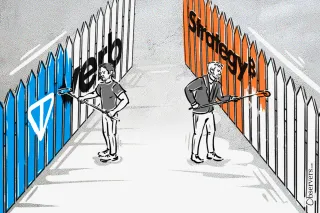
TON Strategy Company, formerly Verb Technology, has rebranded as a Toncoin treasury, holding $713M in TON and targeting over 5% of supply. By staking its holdings and adopting financial engineering akin to Strategy’s playbook, it aims to turn crypto reserves into shareholder returns

From $GOAT to $FART, memecoins show how hype burns fast and budgets vanish faster. Market caps in the tens of millions may look like real businesses, but behind the joke lies sunk marketing spend, fragile communities, and the math of attention that always runs out of breath
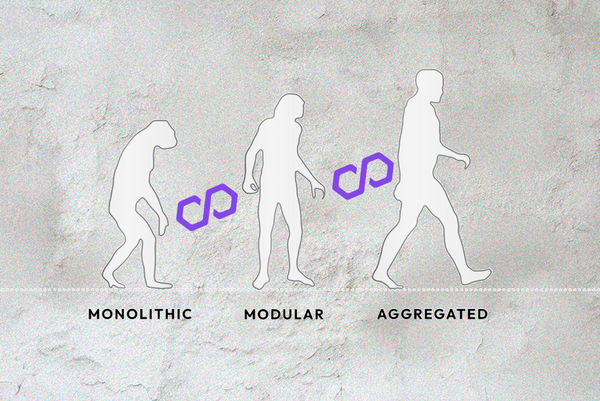
The Layer 2 wants to make the Ethereum ecosystem feel like a single chain, in the hope of attracting mass adoption.
Eva Senzaj Pauram
Mt.Gox creditors have received e-mails confirming upcoming payments, Celsius has moved funds, but ex-FTX customers have objected to the repayment plan.
Sasha Markevich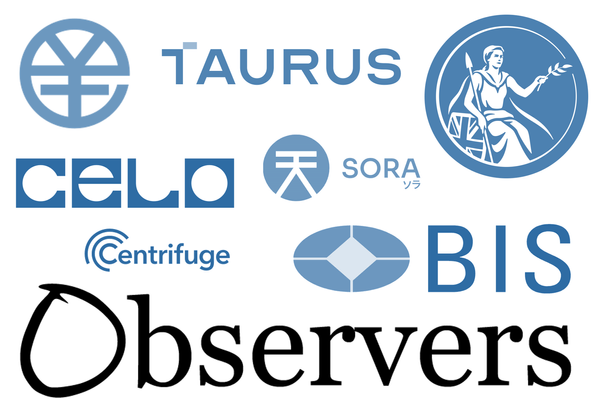
For all the key details of new blockchain projects in the banking world, real-world asset (RWA) tokenization, and central bank digital currency (CBDC) updates, the Observers 'Banking and CBDC Roundup' has you covered. "Blockchain built for the real world," Celo, announced that real-world assets platform Centrifuge
Jack Martin
The Spanish telecommunications giant has partnered with Helium Network to improve overall mobile coverage service in Mexico by leveraging its hotspots.
Sasha Markevich
The funding round precedes a public sale of the ARC token planned for February.
Eva Senzaj Pauram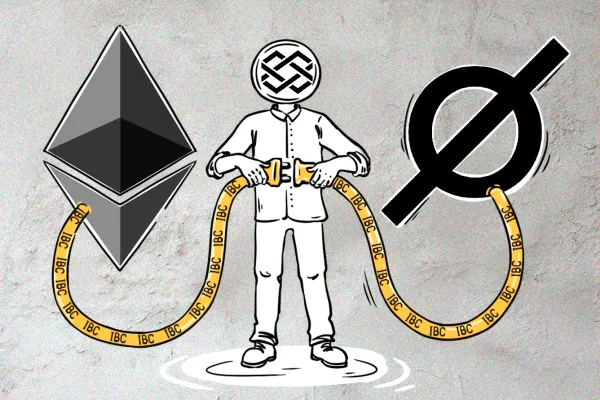
This initiative seeks to overcome current isolation issues and fragmented liquidity in L2 rollups, potentially leading to a unified Ethereum-Cosmos ecosystem.
Alexander Mardar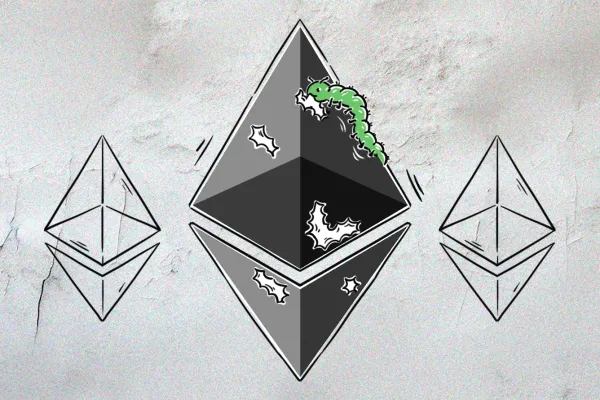
Ethereum faces renewed scrutiny over network validators' reliance on the Geth client software. A recent bug has sparked a shift among node operators towards evaluating diverse client software to mitigate similar risks in the future.
Alexander Mardar
The blockchain foundation has decided to create a collection to highlight meme-coins' cultural value and published a set of rules for other Community Coins interested in receiving official support.
Sasha Markevich07.01.2026 US Senate Banking and Commerce committees to work on comprehensive crypto legislation this month. 07.01.2026 Polymarket to supply its market data and indicators to Barron’s, The Wall Street Journal, and other Dow Jones publications. 07.01.2026 Chen Zhi, founder and chairman of Prince
01.01.2026 EU crypto tax transparency directive DAC8 takes effect, requiring crypto-asset service providers to report user data to national tax authorities. 01.01.2026 MiCA comes into force in Spain. 31.12.2025 Ethereum smart contract deployments hit a record high in Q4. 2026 OUTLOOK Haseeb Qureshi (Dragonfly

Balancer Protocol was exploited through a tiny rounding bug in its code. As losses neared $100 million, projects froze pools, rolled back blockchains, and clawed back funds—revealing the centralized and still untamed side of decentralized finance
01.12.2025 Telegram’s Pavel Durov announces Cocoon, a decentralized confidential AI compute network. 01.12.2025 SushiSwap CEO steps down as Synthesis invests $3.3M in the struggling DEX. 01.12.2025 Grayscale to launch the first Chainlink ETF in the US. 01.12.2025 Germany and Switzerland
29.10.25 Ondo Finance launches Ondo Global Markets on BNB Chain. 29.10.25 Ethereum Foundation launches portal to guide institutional adoption. 29.10.25 Securitize goes public via SPAC merger with Cantor Fitzgerald’s CF Acquisition Corp VIII. 28.10.25 Trump Media & Technology Group to launch
Kazakhstan launched a state-backed crypto reserve, Alem Crypto Fund, partnering with Binance Kazakhstan and starting with an investment in $BNB. SWIFT is building a blockchain ledger with 30+ banks using Consensys. Polish lawmakers passed a Crypto-Asset Market Act, aligning rules with the EU’s MiCAR. Vitalik Buterin opposes EU’s
Uniswap’s Unichain has boosted L2 volumes past $40B, but liquidity tells a different story. TVL has halved since July, exposing the limits of incentive-driven growth. Despite cheaper fees, users remain on Ethereum—where Uniswap continues to be one of the network’s largest revenue engines.

TON Strategy Company, formerly Verb Technology, has rebranded as a Toncoin treasury, holding $713M in TON and targeting over 5% of supply. By staking its holdings and adopting financial engineering akin to Strategy’s playbook, it aims to turn crypto reserves into shareholder returns



